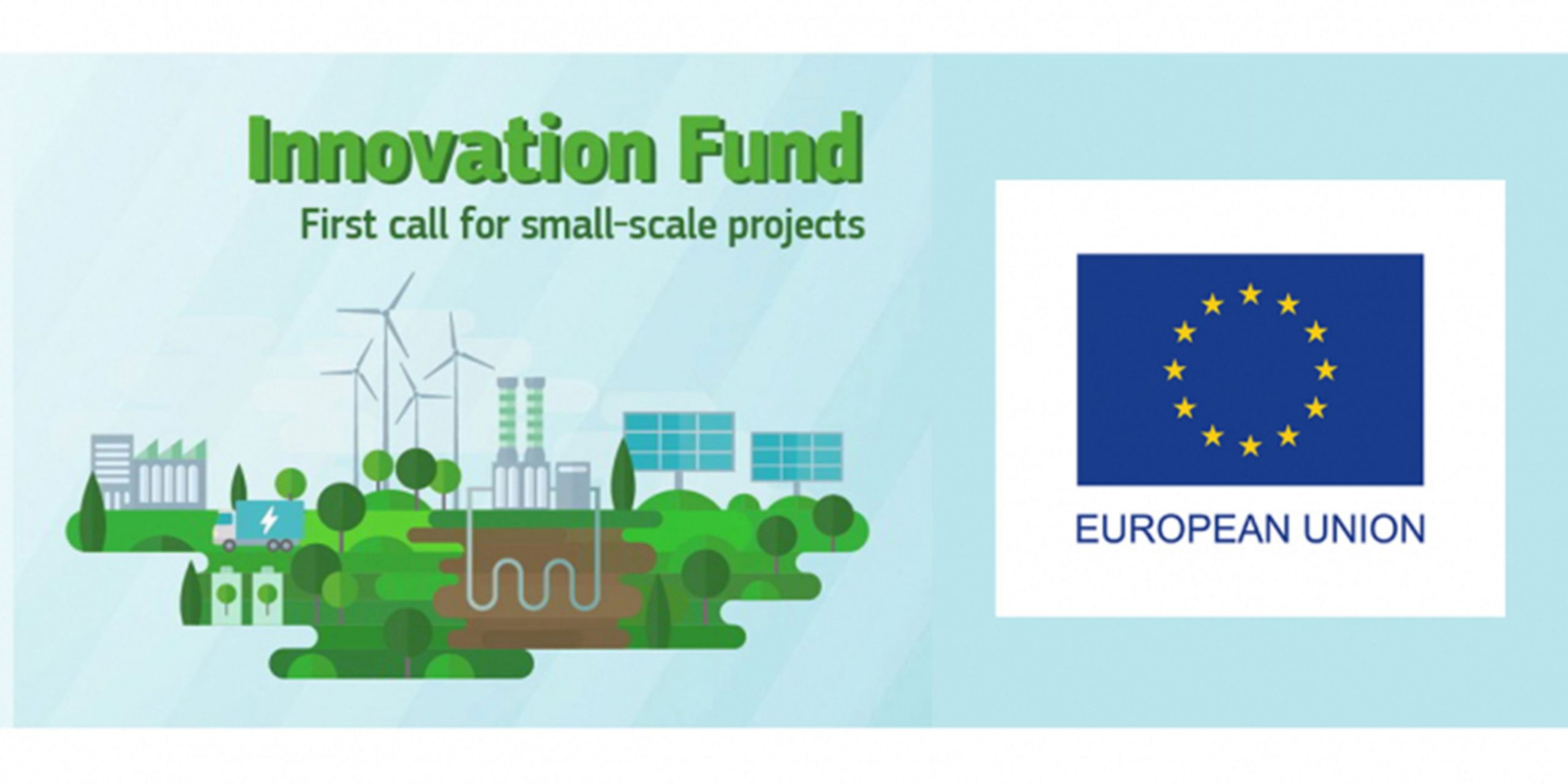In response to the second EU Innovation Fund call for small-scale projects, the European Commission received 66 applications for innovative clean tech projects in all eligible categories: renewable energy, energy-intensive industries, energy storage, and carbon capture, use, and storage. The funding of projects under this Innovation Fund call will help boost the EU’s green recovery, deliver on the EU climate and energy goals under the European Green Deal, and reinforce European technological leadership on a global scale.
The applications come from projects to be implemented in 22 EU Member States. The proposed projects promise to reduce 8.43 million tonnes of CO2 equivalent, requesting a total of €307.3 million. This represents more than 3 times the available budget of €100 million, funded by revenues from the EU’s Emissions Trading System (ETS).
The number of applications per category is:
- 25 for renewable energy
- 8 for energy storage
- 33 for energy-intensive industries, including carbon capture, use, and storage
Clara de la Torre, acting Director-General for DG Climate Action said: ‘’We are happy with the projects applying for the second small-scale call. The Innovation Fund is an important tool to scale up technological solutions needed to speed up Europe’s green transition. Looking at the range of technologies, as well as location, sectors, and solutions of proposed projects, it’s clear that European businesses want to take action for the climate, and the EU is there to support them.’’
Next steps
The second call for small-scale projects (projects with capital expenditure between €2.5 and 7.5 million) closed on 31 August. The next step is to check the admissibility and eligibility of the submitted applications. Proposals that fulfil the admissibility and eligibility conditions will be evaluated by independent external evaluators against the award criteria: their potential to avoid greenhouse gas emissions, their innovation, their maturity, their potential for scaling up, and their cost efficiency.
The Commission will inform the applicants and publish the results of the evaluation at the end of 2022. Successful applicants will be invited to prepare their grant agreements, while grants will be awarded at the second quarter of 2023. Rejected proposals with a potential to improve their maturity may be invited for project development assistance provided by the European Investment Bank.
In November, the Commission will launch the third call for large-scale projects with an increased budget of €3 billion to further support the EU’s independence from Russian fossil fuels. The call will include three additional topics to support the REPowerEU Plan: (1) innovative electrification and hydrogen applications in industry, (2) innovative clean tech manufacturing, and (3) mid-sized pilot projects for validating, testing and optimising highly innovative solutions.
Background
With a budget of around €38 billion– depending on the price of carbon – until 2030 funded by the EU’s Emissions Trading System, the EU Innovation Fund aims to create the right financial incentives for companies and public authorities to invest now in the next generation of low-carbon technologies and speed up Europe’s transition towards climate neutrality. In July 2021, the Commission proposed as part of the Fit for 55 package, to top up the Innovation Fund with 50 million allowances from the existing ETS and 150 million allowances from the new system covering emissions from road transport and buildings.
The Innovation Fund is implemented by the European Climate, Infrastructure and Environment Executive Agency (CINEA), while the European Investment Bank provides project development assistance to promising projects that are not ready for full application.
The first call for small-scale projects awarded grants of over €100 million to 30 projects across all eligible sectors, while 10 projects were awarded project development assistance by the European Investment Bank.
Source: European Commission I Climate Action (https://bit.ly/3QAuFBs)
